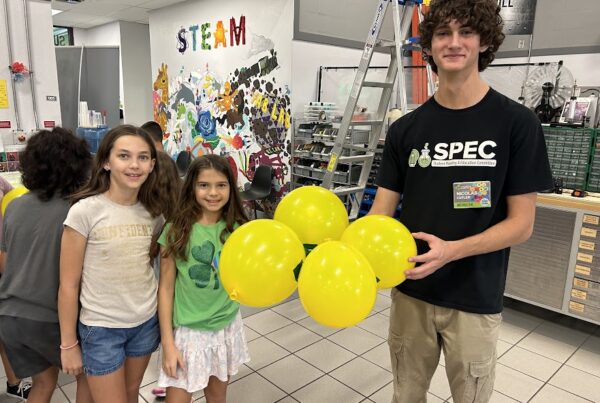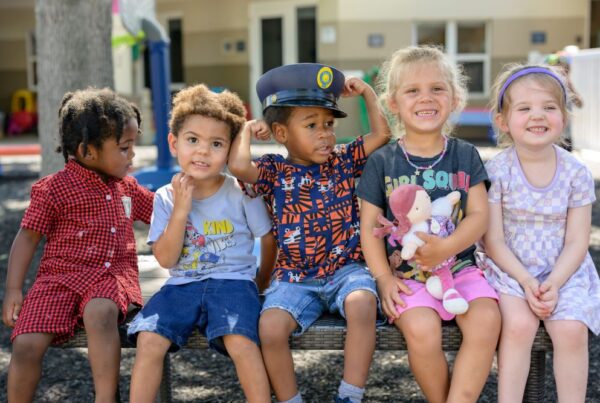In Manatee County, the heroin and opioid epidemic has far-reaching and devastating consequences for families. The number of parents and guardians incapacitated, incarcerated, or in treatment programs as a result of addiction has led to an unprecedented number of children requiring foster care.
In 2016 alone, 835 children in the region were removed from their homes. Because these displaced children are more likely to struggle academically and behaviorally, our child welfare system must support caregivers, and effectively reunite parents with their children whenever possible. The Barancik Foundation invested $125,000 in the Manatee Community Foundation to launch the Manatee County Foster Care Initiative, which aims to reduce the impact of the opioid addiction crisis on the system and the families and children it serves.
30 nonprofit and government agencies that comprise the foster care system came together to collaborate and identify the system’s most immediate needs.
Through the initiative, 30 nonprofit and government agencies that comprise the foster care system came together to collaborate and identify the system’s most immediate needs. As a result, Early Childhood Courts were implemented in the three-county 12th Circuit Court. The key Community Coordinator position will be responsible for shepherding families through the expedited court process, reducing the time children are in the welfare system by an average of 104 days.
A targeted marketing campaign will help recruit an additional 100 foster families to fill the foster care gap. Moving younger children into permanent homes sooner is of utmost importance. By expediting the process of getting children out of the system and into permanent homes, we reduce the likelihood of their return to the system. The security and stability of a permanent home, coupled with therapeutic intervention, also reduces behavioral issues that could interfere with their academic achievement.
As these displaced children continue to succeed into adulthood, they’ll be able to effectively parent the next generation. This initiative enables the members of our community most at risk of becoming a casualty of the cycle of addiction to become those who actually help end it.




